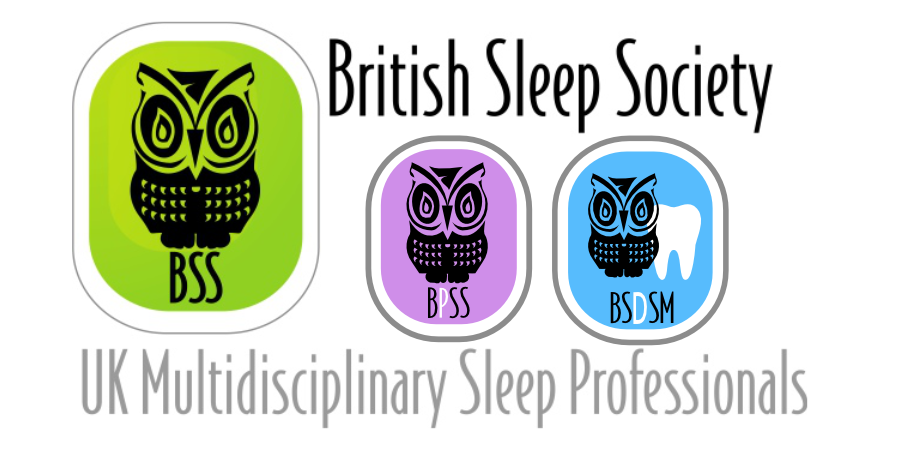“Is my baby sleeping enough?” Is one of the biggest and most common fears I hear about baby’s sleep. The next is probably “Is this normal?”
Unfortunately, there is so much ‘information’ out there that it can be difficult to discern fact from fiction. Nevertheless, to prevent unnecessary stress, knowing what is developmentally normal is important, particularly if your child’s sleep patterns are not what you expected.
Here are 5 key things you need to know about baby sleep:
- There is a huge (and I really do mean a huge) variation in sleep needs and patterns between babies. Some babies will naturally sleep for hours on end through the night while others will wake frequently for feeds and need more help settling. This is mostly due to individual differences of genetics, temperament and sensitivity. There is a growing body of evidence that how we sleep is particularly a function of our genetics. This means that, to a very great extent, how well or long your baby sleeps have little do with how you parent them.
- It’s normal for babies to feed during the night. Babies’ stomachs are small, and breastmilk is designed to be easily digested. Babies also grow at a phenomenal rate, particularly the brain, which grows extraordinarily fast. They need calories to fuel all that growth and development, which means feeding. Babies also wake seeking and needing comfort. Feeding meets these needs, too.
- Fragmented sleep does not equal sleep deprivation: In Babies it is normal. It does not usually mean they are sleep deprived. If your little one is generally happy and bright during the day, that is a good indication that they are getting enough sleep.
- Babies have idiosyncratic sleep needs. Just like adults, babies have varying sleep requirements. Some babies sleep far more, while some sleep far less than others. This is normal. For instance, it’s entirely normal for one baby aged 0-3 months to clock in 17 hours of sleep per day, while another may only need 14 hours. That’s a huge difference. Both are completely normal.
- It’s normal for babies to need help to fall asleep. Sleep occurs in a parasympathetic state, the ‘calm, rest and digest’ state of the nervous system. They need to be calm and relaxed enough to fall asleep. Since babies have very immature nervous systems, it is normal for them to need the help of an adult with their mature nervous system to help them to reach the necessary state of calmness.
The key is to learn what is normal for your baby and to work with their unique sleep needs and temperament.
Remember, there is no one-size-fits-all approach to baby sleep.
If you need guidance and support, I am here to help.













